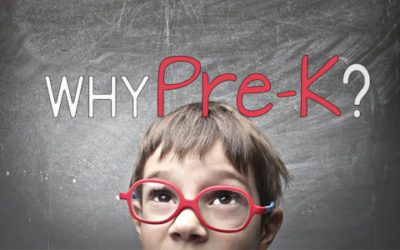We enlighten and empower educators to make a difference in the lives of their students, forever.
- Empower teachers
- Inspire students
- Transform your school
Research Based
Leaps is backed by 25 years of clinical research & real-world classroom experience.
Address Specific Issues
Bullying, Respect, Self Control & Tolerance are just some of the important topics Leaps lessons address.
We Give You A Plan
Leaps is simple to implement for a single classroom, across the whole school and for district-wide programs, too.
PBIS, RtI-B & MTSS Compliant
Use and assessment data ensures fidelity of implementation and progress monitoring, providing a functional Behavior Intervention Plan (BIP).
Access Anytime, Anywhere
Our web-based tools make class prep, assessments & reporting simple, with 24/7 internet access.
Custom Assessment Tools
Fully vetted individual assessment tools and classroom observational assessments provide planning and tracking data.
Schools that use Leaps report significant reduction in behavior issues, a steady increase in attendance, an improved overall experience for teachers in the classroom, higher test scores and a better school culture.
72% of teachers say they need more resources to deal with behavior issues in the classroom.
About 15% of all K12 students are chronically absent; that is 5 MILLION CHILDREN.
21% of students report being bullied during the school year; that is 5 MILLION STUDENTS.
Increasing attendance by just 2% can save over $170,000 in lost funding for absences.
Implementation As Easy As 1-2-3
1. Schedule A Demo Call
2. Sign up for Leaps
3. Get Started in Days
We give teachers the tools they need to teach what matters most. We care about every student, every teacher & administrator.
Thousands of students have already benefited from Leaps lessons
In the hands of thousands of teachers who care about those students
With easy-to-use tools, backed up by 30 years of research in a clinical setting.
HELPFUL LINKS
Leaps & PBIS
Leaps & RTI
Sample Lesson Plans
Activities for Parents
We have a series of free Family Talk guides designed to help parents talk with young children about important topics.
RECORDED WEBINAR Beyond SEL:Â Addressing Mental Health in the Classroom
Schools are getting results with Leaps.
Testimonials
News & Updates
Our Greatest Treasure
No hard bedtime for the kids and great movies at the theater and, best of all, tons of family time. This past week, my family along with my in-laws spent the week at a great condo on South Padre Island. We would get up in the mornings and slide open the back porch door and sit and listen to the waves crashing against the shore. We went for lazy walks on the beach and collected seashells that my youngest daughter handed out to her friends as souvenirs. We went out at night with our flashlights and hunted sand-crabs. We rode the waves on boogie-boards and swam and fought the tides until we were exhausted. When we came back to the condo in the evenings, we would play cards while the kids fed the birds and read and eventually just crashed. I remember waking early one morning while everyone was still asleep and sitting on the back porch and thinking that, at that moment, there was no one more blessed than me.
One Great Nation
This is one of my favorite times of the year. The week surrounding the 4th of July is a time when families are planning for cookouts and kids are getting excited about fireworks shows, and people actually stop for a few minutes and think about this incredible experiment called The United States of America.
Why Pre-K?
There is a lot of discussion on the news and online, in schools and homes across the country about whether or not having a robust and even mandatory pre-k program in our schools is necessary. There are all kinds of statistics pointing to the advantages of pre-k. For example, the “Chicago Longitudinal Study” found that pre-k recipients were 29% more likely to graduate from high school than their peers who did not attend pre-k. The “State Efforts to Evaluate the Effects of Pre-Kindergarten” study out of Yale found that pre-k attendees were 44% less likely to repeat grades than their peers who did not attend pre-k.


